
On April 24, 2025, Ghana took a historic leap toward gender equity in education. The launch of the Free Sanitary Pad Distribution Programme by the government marks a watershed moment in the national fight against period poverty, and sends a clear signal: The education, dignity, and health of Ghana’s girls are not negotiable.
In a society where menstruation is often shrouded in stigma, and where a simple sanitary pad can determine whether a girl stays in school or drops out, this initiative is not just timely—it is revolutionary.
At FAWE Ghana, we recognize the profound significance of this intervention, particularly as it directly aligns with the objectives of our ongoing Sexual Health And Reproductive Education (SHARE) Project. SHARE, implemented in a consortium led by Right To Play in partnership with the Forum for African Women Educationalists (FAWE), and WaterAid, with technical support from FHI360, aims to promote comprehensive sexual and reproductive health education, while addressing social, cultural, and economic barriers that hinder girls from reaching their full potential.
The Reality of Period Poverty in Ghana
Period poverty is not merely about access to sanitary products. It is about inequality—in education, in health, in opportunity. Research indicates that in Sub-Saharan Africa, only 12% of schools provide menstrual materials for free or for purchase, and just 11% have bins for menstrual waste in girls’ toilets. These deficiencies contribute to absenteeism and dropout rates among schoolgirls (UNICEF, 2024).
Further, the lack of access to menstrual hygiene products, poor sanitation facilities in schools, and deeply entrenched social taboos exacerbate the challenges faced by girls during menstruation. These statistics highlight a critical national challenge: menstruation is silently sabotaging our educational outcomes.
And let us not forget the economics. In Ghana, a packet of sanitary pads can cost between GHS 20–40, a price inflated by the 20% import tax and 12.5% VAT, classifying pads as “luxury items” (Ghana Revenue Authority). For low-income families, this is an unaffordable recurring expense. When a mother must choose between feeding the household and buying pads for her daughter, education loses.
A Policy Win, but Not the Final Destination
The Free Sanitary Pad Distribution Programme provides relief for thousands of girls. It is a bold policy tool that not only improves school attendance and performance, but also safeguards mental well-being and restores dignity. However, its success will depend on sustainability, monitoring, and cross-sectoral coordination.
We must ensure that distribution is equitable, particularly reaching underserved rural and peri-urban areas where the need is greatest. We also advocate for complementary investments in water, sanitation and hygiene (WASH) facilities in schools. A pad without access to clean toilets and water is an incomplete solution.
As we implement this programme, there must be strong community sensitization and school-based education. This is where the SHARE Project plays a strategic role. Over the past three years, SHARE has empowered over 50,000 adolescents, parents and caregivers across four districts in the Upper East Region, with age-appropriate, rights-based sexual and reproductive health education. It fosters safe spaces, builds self-esteem, and ensures that no girl is left behind due to stigma, misinformation, or fear.
Through SHARE, we’ve seen real change:
- A 40% reduction in absenteeism in pilot districts
- Increased male allyship in menstrual health advocacy
- Parents becoming champions for their daughters’ dignity
Policy Recommendations: Toward Holistic Menstrual Justice
While this free pads policy is commendable, we must confront the elephant in the room: the continued taxation of sanitary pads. If we truly believe menstrual products are essential, we cannot treat them like champagne and cosmetics. FAWE Ghana joins the growing chorus calling for the total removal of taxes on sanitary pads, following the examples of Kenya, Rwanda, and South Africa, who have scrapped such taxes in pursuit of menstrual equity.
In a positive development, the Ghanaian government announced in the 2024 Budget Statement the removal of VAT on locally produced sanitary pads and import duty waivers for raw materials used in their production (The Ghana Report, 2023). However, imported sanitary products still attract significant taxes, making them less accessible to many girls and women.
Additionally, the government must explore local production incentives to encourage sustainable manufacturing and reduce dependency on imports. This will not only reduce costs but create jobs, empower women entrepreneurs, and keep the pad supply chain resilient.
We also recommend that menstrual health be mainstreamed in national curricula, teacher training, and health policies. Menstruation is not a girl’s issue—it is a societal one. And addressing it requires an all-hands-on-deck approach.
Collective Action: The Way Forward
As we celebrate this landmark policy, let us remember that transformational change does not rest on policy alone. It takes partnerships. It takes persistence. And above all, it takes a people-powered movement rooted in empathy and equity.
At FAWE Ghana, we stand ready—with SHARE and beyond—to support government, civil society, parents, and communities in creating an environment where no girl skips school because of her period.
The dream of a gender-equal Ghana will not be achieved in a day. But with every pad distributed, every myth busted, and every barrier broken, we move a step closer. Let us keep our foot on the pedal and our eyes on the future.
Because when we protect her dignity, we preserve her future.
And when we invest in her health, we invest in Ghana’s development.
References
- UNICEF Ghana. (2024). 10 Fast Facts: Menstrual health in schools.
- Ghana Revenue Authority. (n.d.). Customs Tariffs and Levies.
- The Ghana Report. (2023). 2024 Budget: No VAT On Locally Produced Sanitary Pads — Ofori-Atta.
Written By
Naomi Darko
Communication and Advocacy Officer
FAWE Ghana
Editor’s note: Views expressed in this article do not represent that of The Chronicle
The post Free Pads, Free Minds: A Bold Step Toward Ending Period Poverty and Empowering Girls in Ghana appeared first on The Ghanaian Chronicle.
Read Full Story
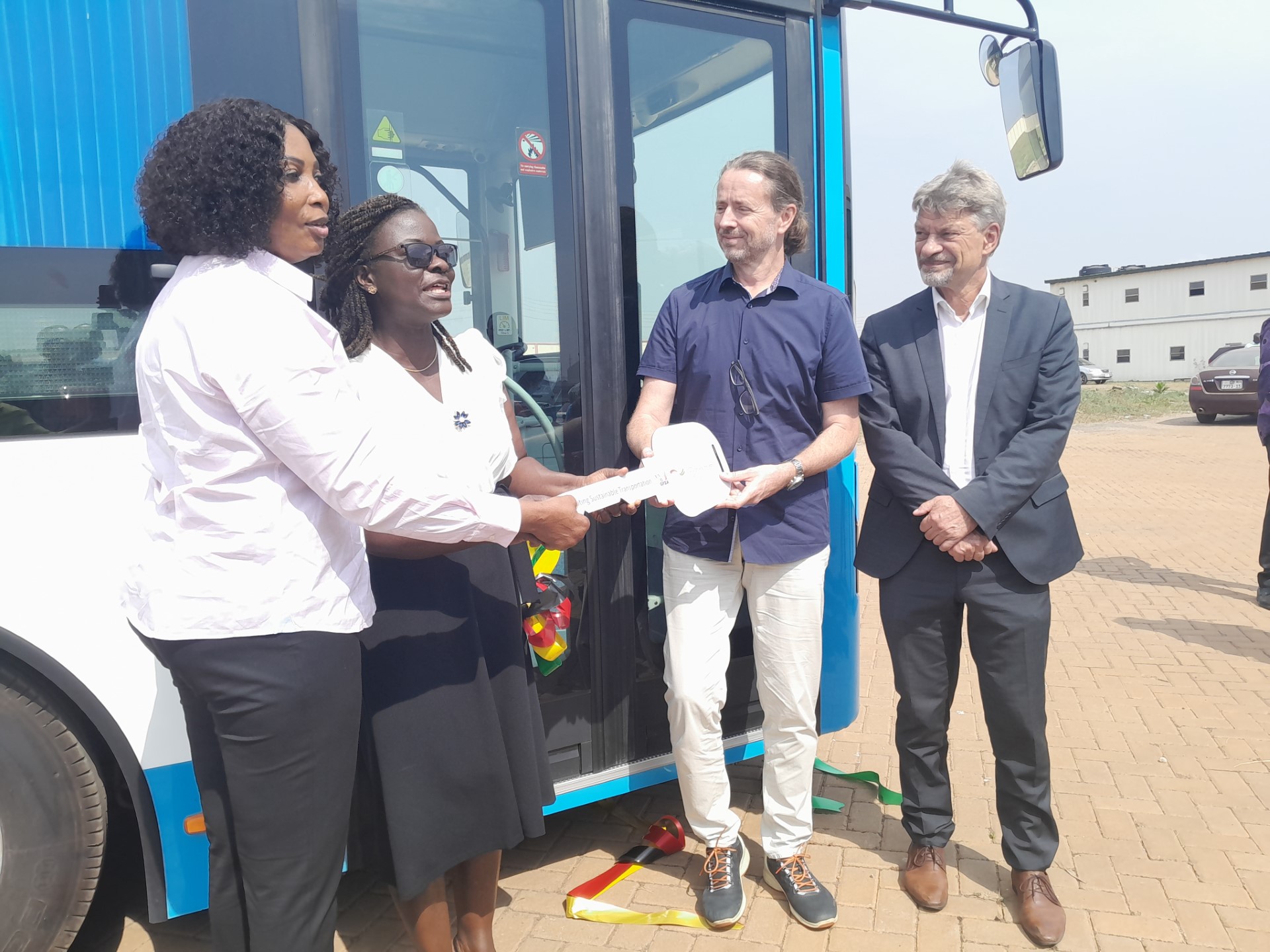

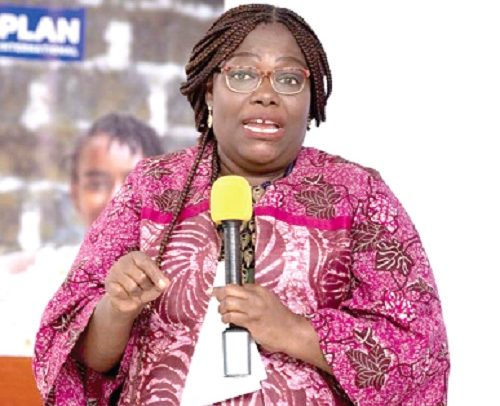
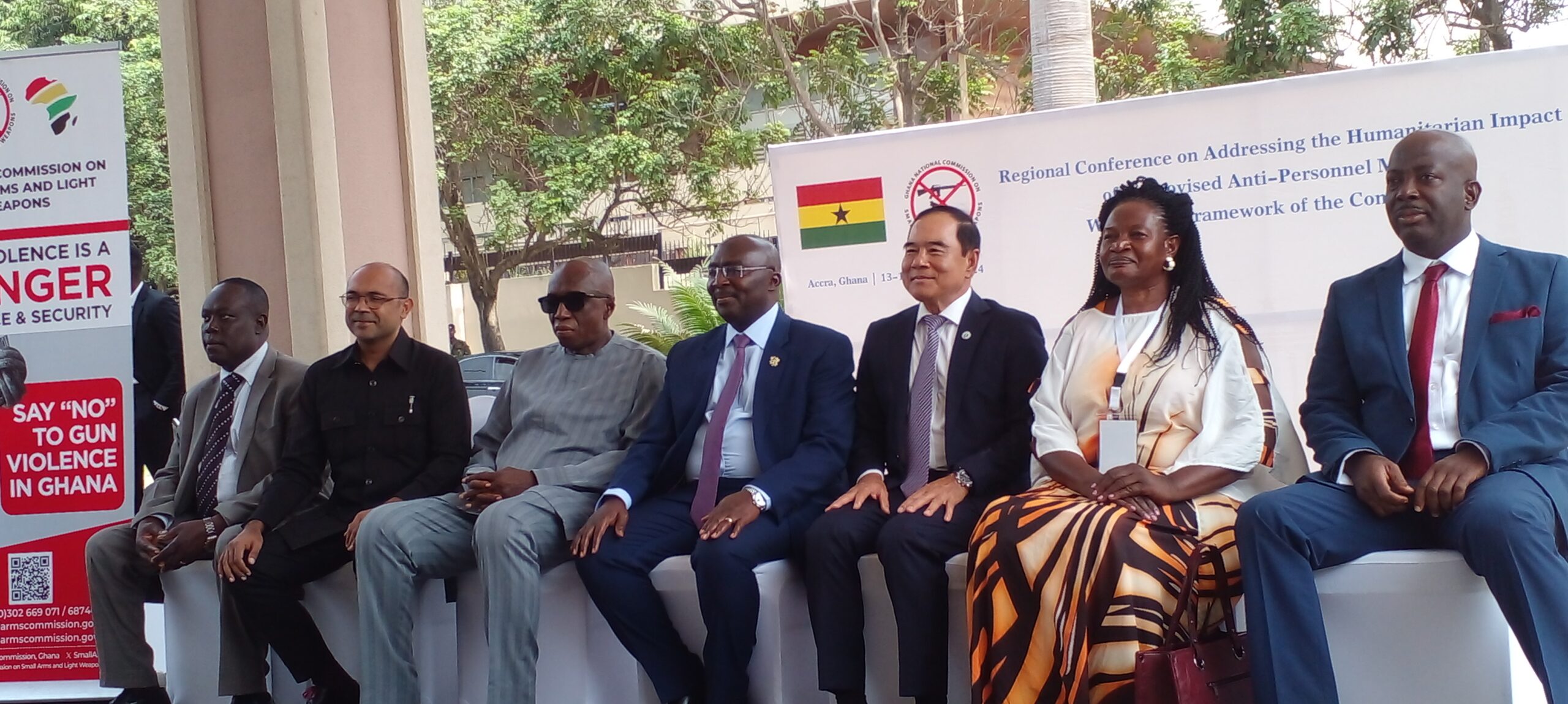




![Dormaahene hails Mahama, vows to carry him at his back if cedi hits GH?8 to $1 [Video]](https://sportal365images.com/process/smp-images-production/pulse.com.gh/01062025/e9150a95-eb04-4066-bf2d-fef977524ffe.png)
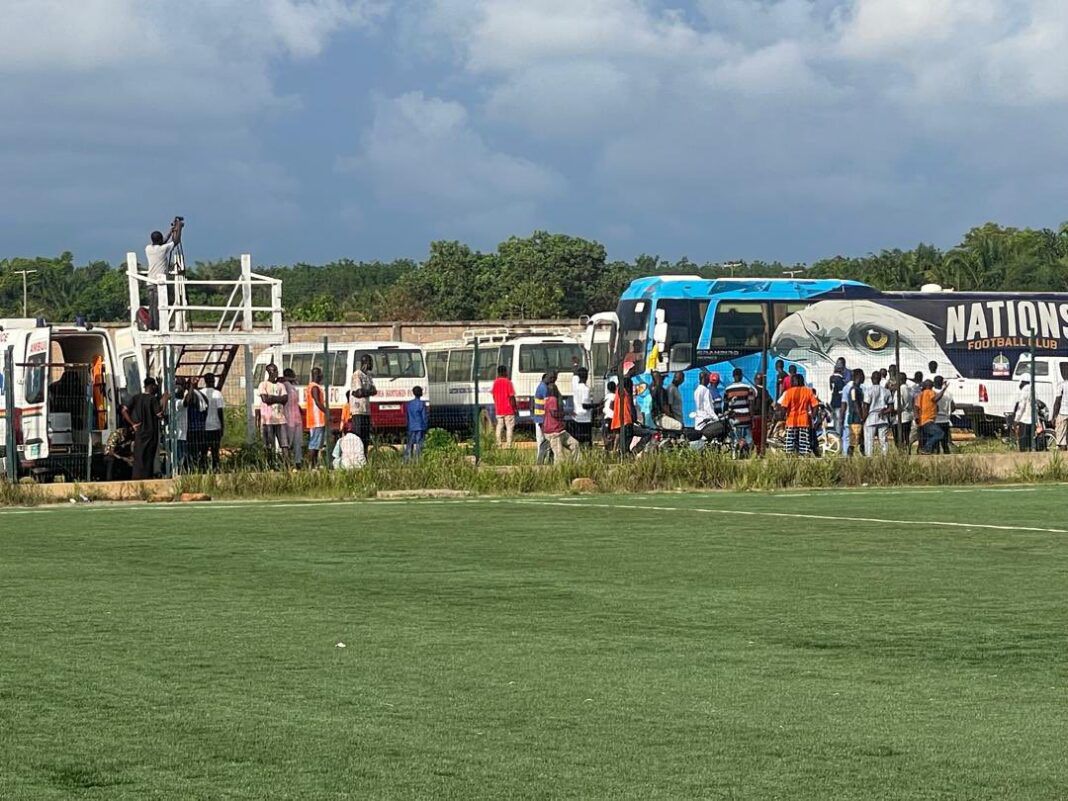
![Hajia4Reall makes a bold comeback with new music after U.S prison sentence [Video]](https://sportal365images.com/process/smp-images-production/pulse.com.gh/01062025/88287b98-5b5d-4e81-b3b1-c4adb7b6ee54.png)
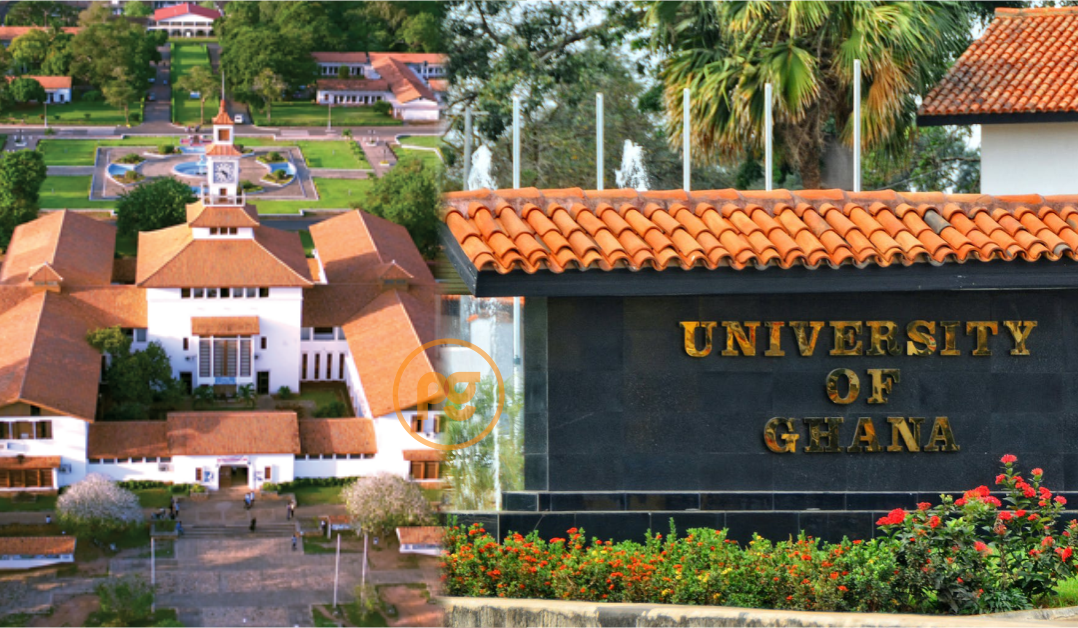


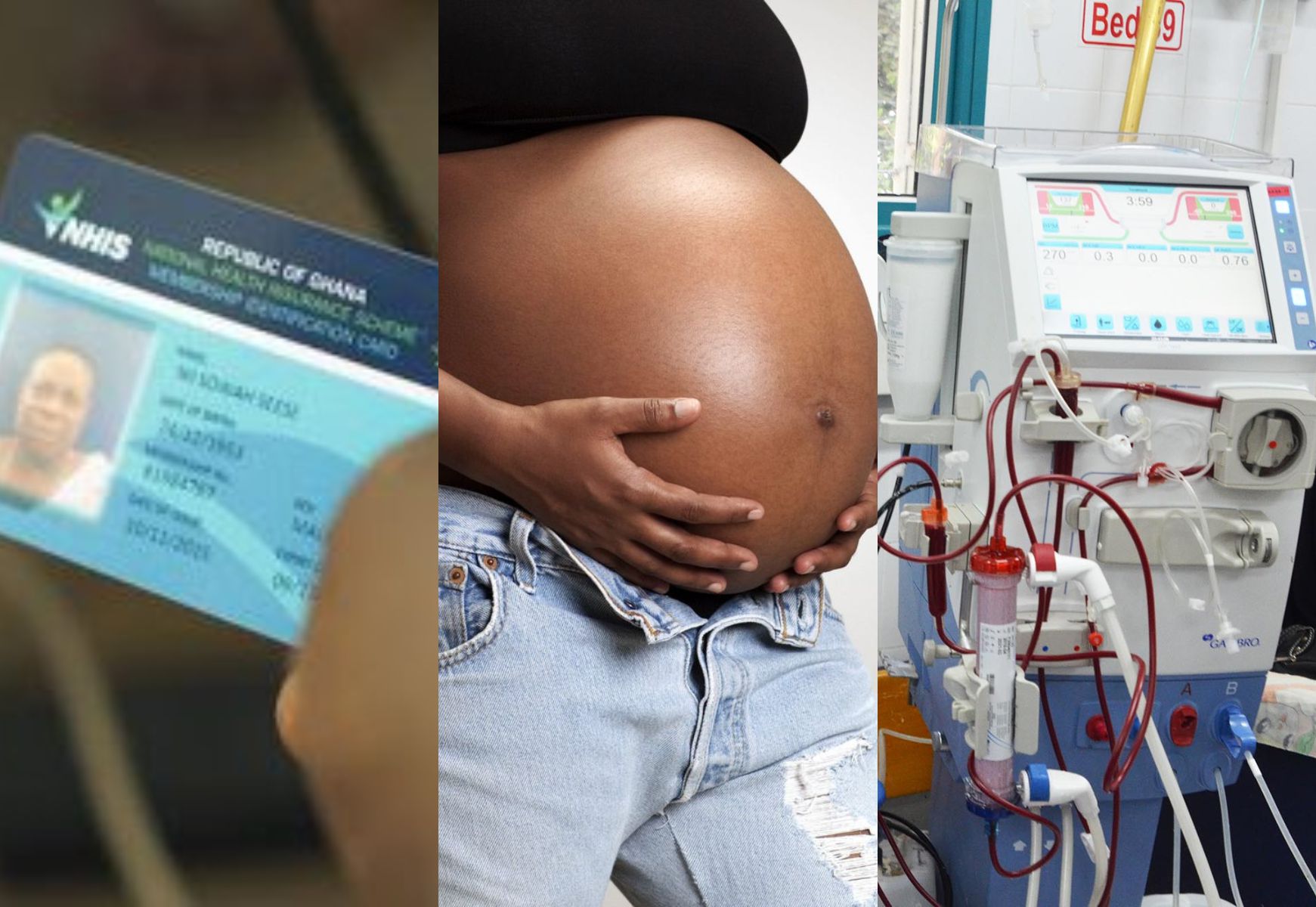



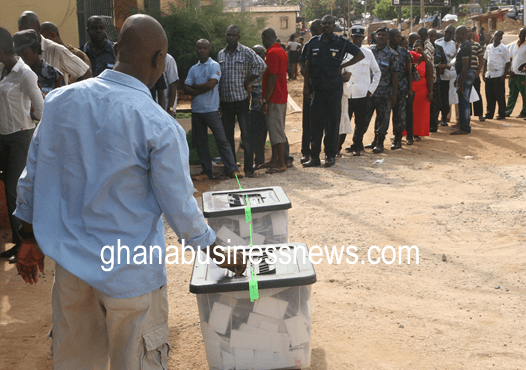





Facebook
Twitter
Pinterest
Instagram
Google+
YouTube
LinkedIn
RSS